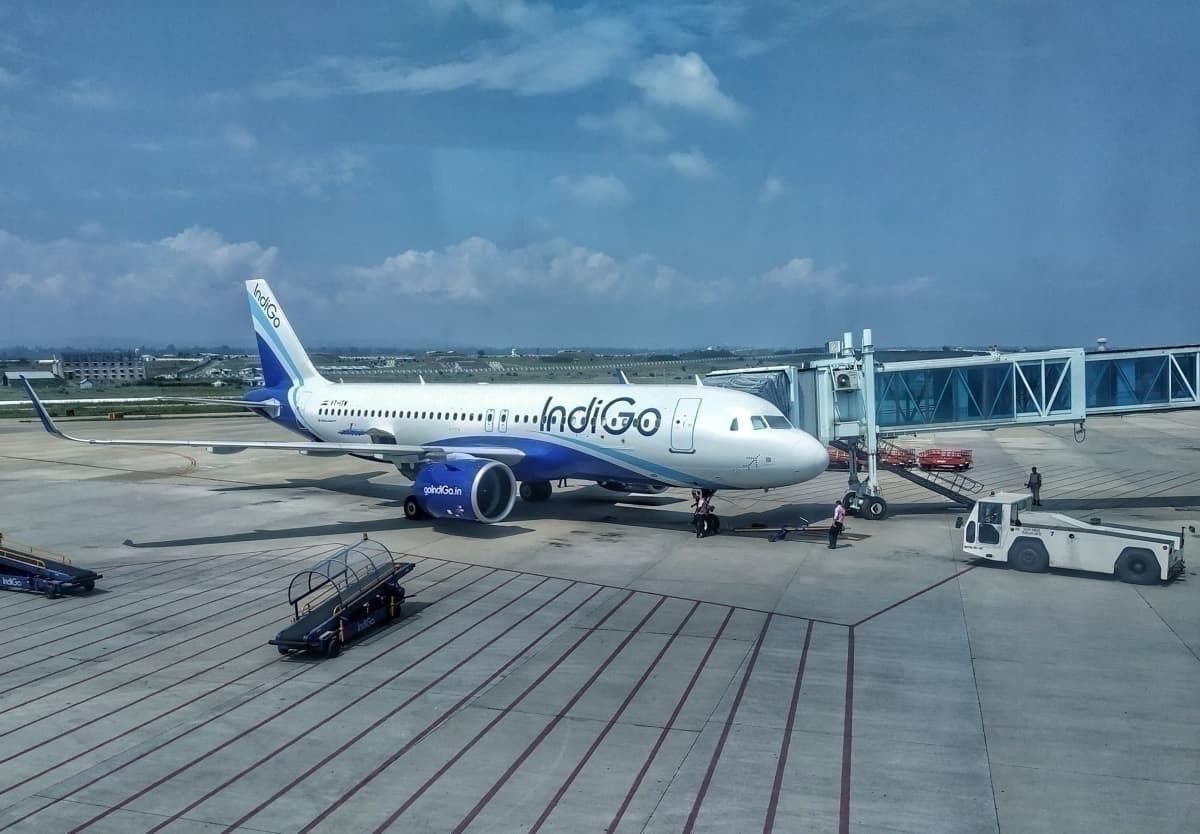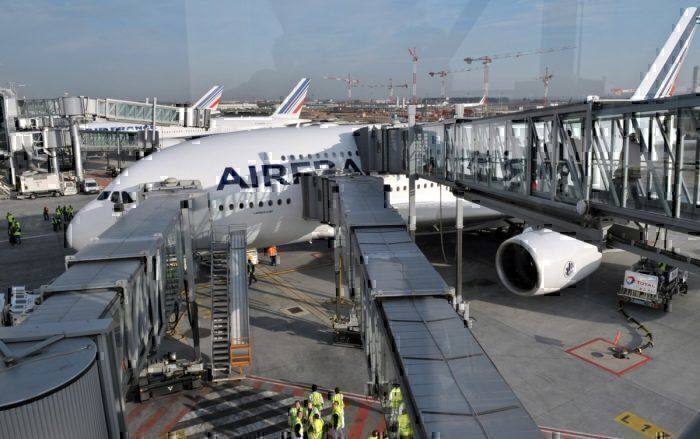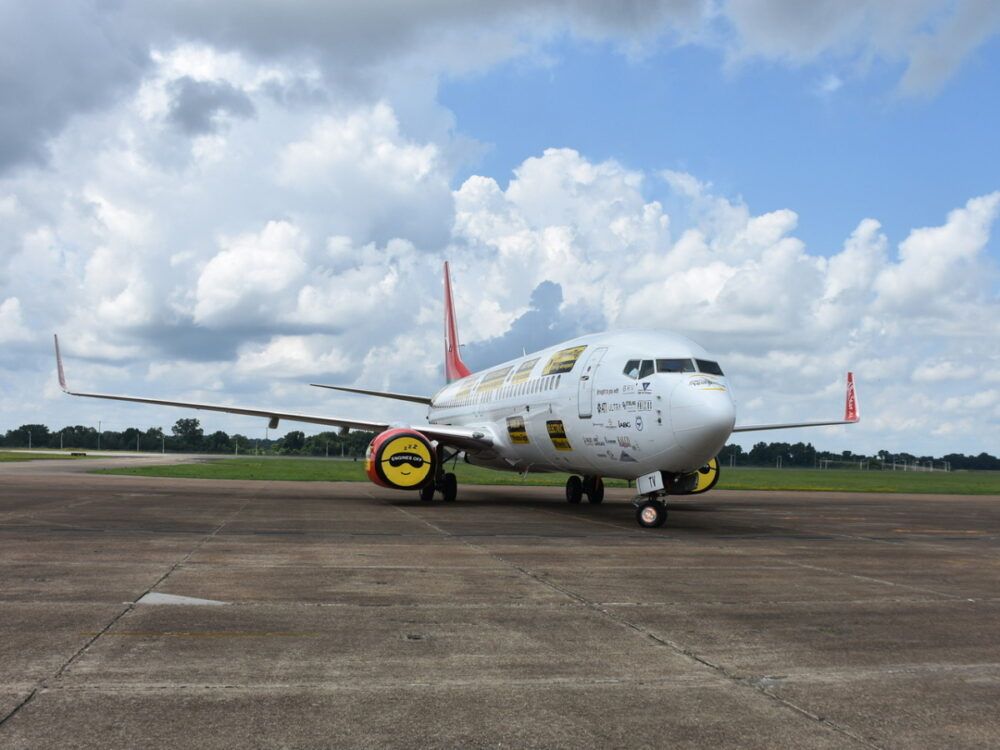The moments before departure are often some of the most challenging times for airlines when it comes to their operations. Several unpredictable factors can cause delays or complications. WheelTug, a company that is introducing an in-wheel electric taxi system, also highlights that the process also can be extremely costly.
It can take a while
WheelTug allows aircraft to taxi forward and backward without requiring a tow tractor or using principal jet engines. Simple Flying had the opportunity to talk with WheelTug CEO Isaiah Cox about the process of aircraft towing at airports. He shared that every minute counts when planes are being towed between their flights.
He noted that there are usually a few significant timestamps during the process. There's "door closed, rolling backward, and then rolling forward under engine power." So, from rolling backward to rolling forward under engine power, the average time is approximately five and a half minutes today for a narrowbody plane.
However, the number can reach 13 minutes or more, which can significantly impact airlines. So, they have to budget a lot of extra time. easyJet budgets 20 minutes of buffering every single flight. The reason for this is not primarily because of flight delays. It's usually because of ground operations. Additionally, these situations are the least predictable and hardest to get right in the pushback.
Altogether, carriers have to budget and put those extra 13 minutes or more into their schedules. If they don't, their entire network gets hopelessly delayed as the day progresses.
Stay informed: Sign up for our daily aviation news digest.
Cox counts the period between the closing of the doors to the beginning of the pushback because that's usually not a metric that's automatically recorded with every aircraft type. Ultimately, WheelTug expects to go from doors closed to taxiing forward in about a minute.
It all adds up
Additionally, the company will demonstrate that it can shave seven to 15 minutes off. This number is split between seven minutes in hard time and 15 minutes in schedule-block time. Meanwhile, the firm highlights that by feeding the aircraft with two doors and getting everybody on and off much faster, 13 minutes can be unlocked.
Therefore, between 15 and 28 minutes could be saved with this procedure. Undoubtedly, this system can save considerable amounts of money for airlines. WheelTug highlights a minute for an aircraft might be worth $100. So, 28 minutes would be equivalent to $2,800. Even at 15 minutes, the cost is $1,500.
Cox states that in 2019, the average profit for a narrowbody operator around the world was under $100 a flight. Therefore, shaving even a few minutes can significantly contribute to maintaining healthy operations.
Several factors at play
Cox explained that there are two reasons why the process is usually so expensive. The first is the hard time the airline incurs, which includes the costs of staff, aircraft, maintenance, and landing fees. This figure works out to be between $40 and $60.
The other aspect is the value to passengers. Airlines promote and care about on-time performance, and they do that because the most valuable passengers pay for performance times.
"People pay a premium for a non-stop flight instead of a connecting flight. Connecting flights are more likely to be late, and they're more of a hassle. And people ask this question all the time. How much would you have to pay someone to sit in their seat longer? And the answers are somewhere between 50 cents and $2 a minute depending on how important the passenger thinks they are," Cox told Simple Flying.
"But if you have an aircraft with 150 people on board and each of them is 50 cents a minute - and you can price this out in ticket prices and things like that - then that's $75 a minute, right there, plus the aircraft stuff. And that's how the valuation numbers get based."
Altogether, there are definitely savings to be made when it comes to the taxi process. With carriers going through such a tough time in the industry, every penny counts. Therefore, initiatives such as WheelTug's can go a long way for airlines. WheelTug will be demonstrating its process in Memphis on Tuesday, September 15th. The event can streamed online.
What are your thoughts about the cost of towing aircraft? Are you surprised by these figures? Let us know what you think of the situation in the comment section.



